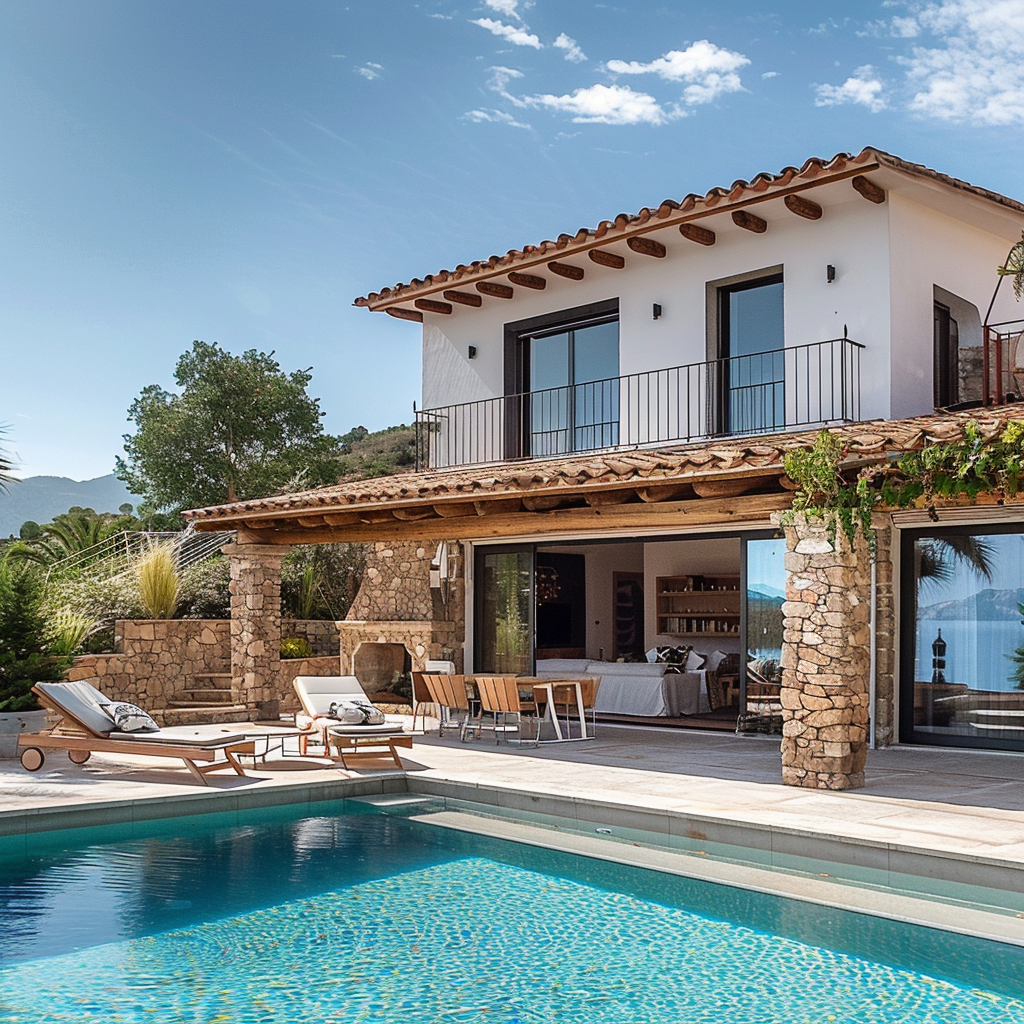In recent months, holiday rentals have become a hot topic in Spain, where each autonomous community has developed its own set of regulations. Below, we will explore how this type of rental works, what its requirements are, and the key differences from long-term rentals.

What is a Holiday Rental?
A holiday rental, also known as a tourist rental, refers to properties that are rented out for short periods, specifically for vacations, and whose duration does not exceed 31 days. If the stay is longer than that, it is considered a seasonal rental, which can last up to eleven months.
Holiday Rental Regulation
Unlike long-term rentals, which are governed by the Urban Leases Act (LAU), holiday rentals are subject to the tourism regulations of each autonomous community. For a property to be classified under this category, it must be properly furnished and equipped for tourist use. Additionally, it is essential to have a tourist license and be registered in the Tourism Registry. Each region of Spain will have its own specific requirements for holiday rentals.
Differences from Standard Rentals

The main differences between a holiday rental and a standard rental include, for example, duration and regulation. Short-term stays are subject to tourist regulations, while standard rentals are longer and are covered by the LAU. And finally, when we talk about profitability and taxes, although holiday rentals can be more lucrative due to tenant turnover, their maintenance is more demanding and costly. From a tax perspective, standard rentals offer more attractive benefits with more stable income.
We can conclude that holiday rentals in Spain offer unique opportunities for both owners and tourists. However, the complexity of the regulations requires that owners be well-informed about local laws and adequately prepare their properties to meet the necessary requirements. If you are thinking of investing in a rental property, we at INMOPOLTcan help you decide which type of rental best suits your goals.


